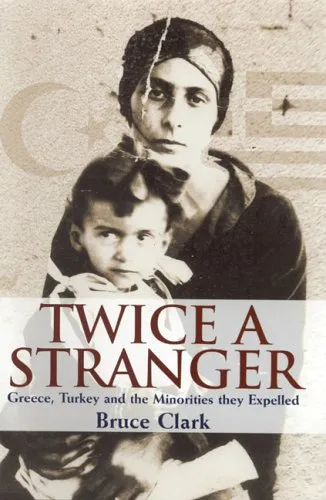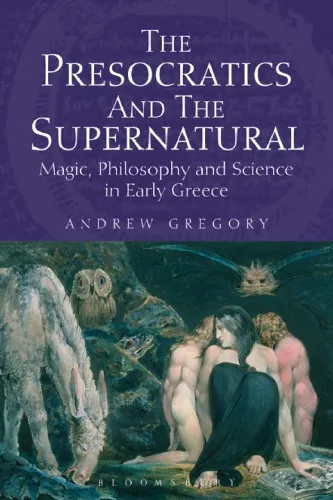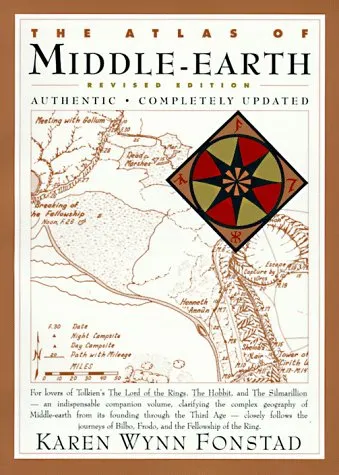Twice a Stranger: Greece, Turkey and the Minorities They Expelled
4.5
Reviews from our users

You Can Ask your questions from this book's AI after Login
Each download or ask from book AI costs 2 points. To earn more free points, please visit the Points Guide Page and complete some valuable actions.Related Refrences:
Introduction to 'Twice a Stranger: Greece, Turkey and the Minorities They Expelled'
In 'Twice a Stranger: Greece, Turkey and the Minorities They Expelled', author Bruce Clark delves into one of the most significant yet lesser-known episodes of 20th-century history—the population exchanges between Greece and Turkey in the aftermath of the First World War. This poignant exploration sheds light on the human impact of political decisions that compelled millions of people to abandon their homes and rebuild their lives in unfamiliar territories.
Detailed Summary of the Book
Set against the backdrop of the tumultuous interwar period, 'Twice a Stranger' narrates the story behind the forced migration of Orthodox Christians from Turkey to Greece and Muslims from Greece to Turkey. This population exchange, sanctioned by the Treaty of Lausanne in 1923, marked a dramatic transformation of national identities and landscapes. Clark approaches this historical event with a narrative sensitivity that encompasses both the geopolitical machinations and the personal stories of those who lived through this ordeal.
By employing heart-wrenching accounts from testimonies and archival sources, the book presents a vivid picture of displacement and nostalgia, raising critical questions about identity, the concept of home, and the cost of creating homogenous nation-states. From the hustle-bustle of cosmopolitan Smyrna to the serene villages in the Turkish interior, each chapter captures the essence of a world that was irreversibly altered.
Key Takeaways
- The population exchange of 1923 stands as a pioneering instance of enforced demographic engineering in modern history.
- 'Twice a Stranger' highlights the human suffering behind political agreements that define national borders.
- The book illustrates the concept of “twice a stranger”, where individuals are uprooted from their familiar surroundings only to find themselves alien in their new environments.
- It underscores the resilience of human spirit amidst adversity, showcasing how displaced communities managed to preserve their cultural heritage and build new lives.
Famous Quotes from the Book
“The human beings who were at the core of these exchanges were not simply geopolitical chess pieces; they were individuals with dreams, fears, and an unyielding attachment to the land they called home.”
“To be twice a stranger is to endure the pain of not once, but twice, losing the place that defined your existence.”
Why This Book Matters
'Twice a Stranger' is more than a historical account; it serves as a reflective mirror on current global issues surrounding migration, nationalism, and the often-painful creation of state identities. By contextualizing a past event with profound contemporary resonance, this book invites readers to draw parallels with modern-day refugee crises and questions about cultural integration.
The book is essential reading for historians, political analysts, and anyone interested in understanding the nuanced narratives that shape national consciousness. It demonstrates the significance of individual stories in the larger tapestry of history, urging us to empathize with those who are uprooted from their communities today.
Free Direct Download
You Can Download this book after Login
Accessing books through legal platforms and public libraries not only supports the rights of authors and publishers but also contributes to the sustainability of reading culture. Before downloading, please take a moment to consider these options.
Find this book on other platforms:
WorldCat helps you find books in libraries worldwide.
See ratings, reviews, and discussions on Goodreads.
Find and buy rare or used books on AbeBooks.
1337
بازدید4.5
امتیاز0
نظر98%
رضایتReviews:
4.5
Based on 0 users review
Questions & Answers
Ask questions about this book or help others by answering
No questions yet. Be the first to ask!














